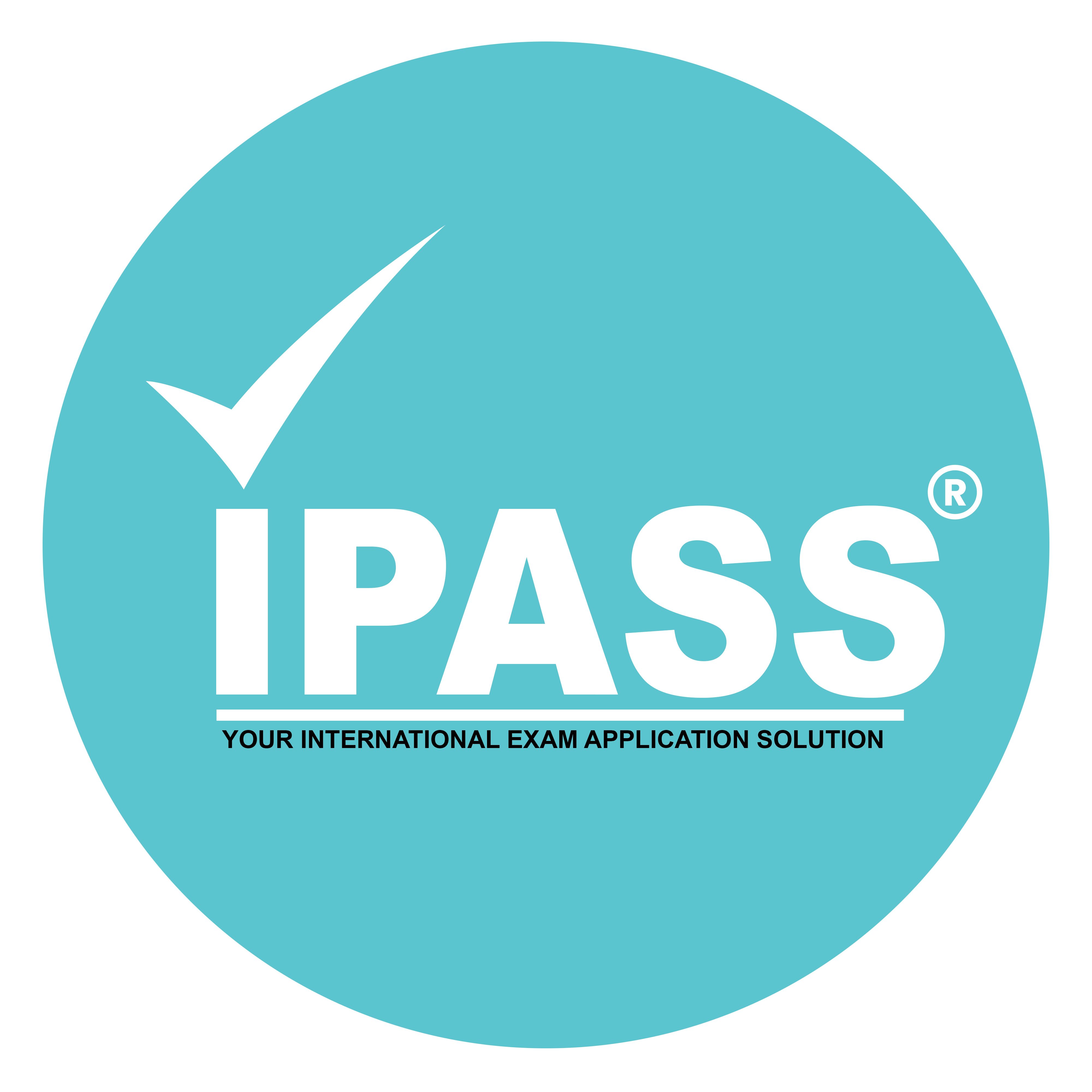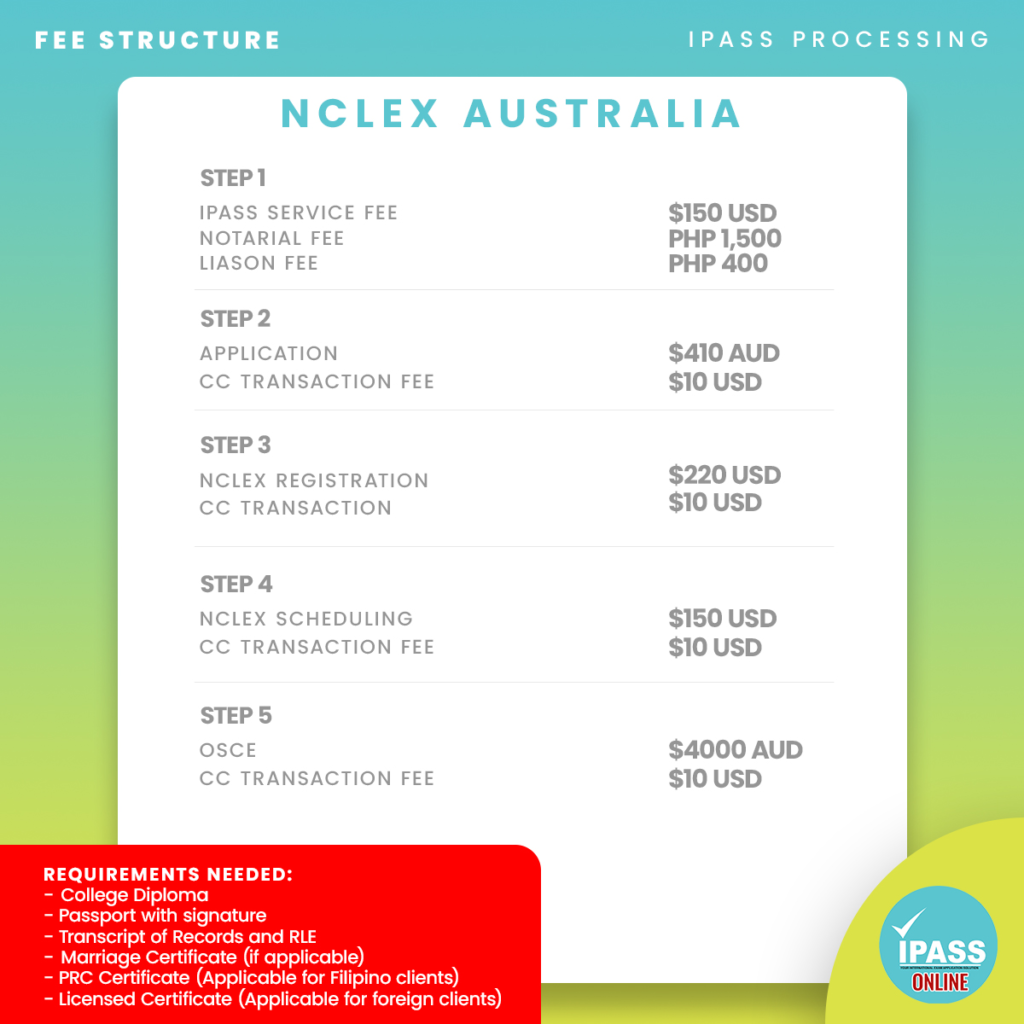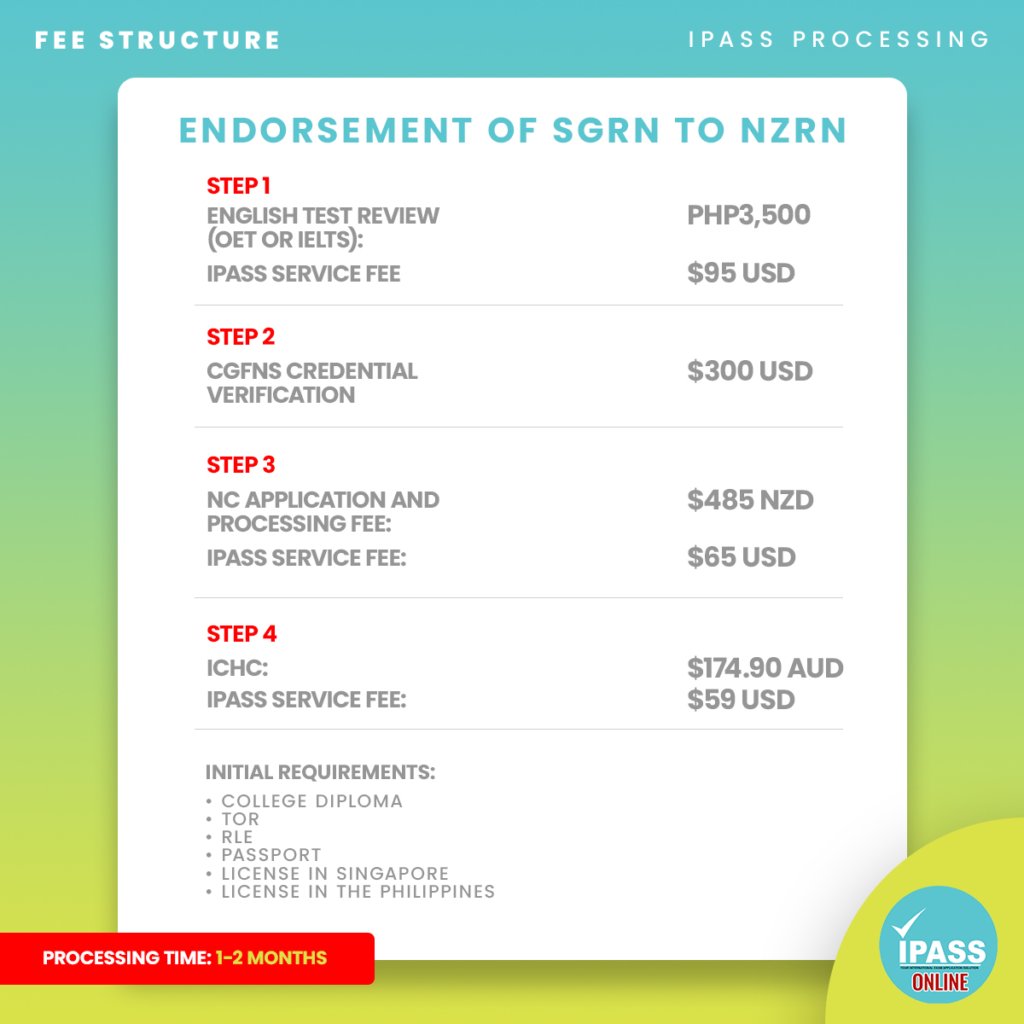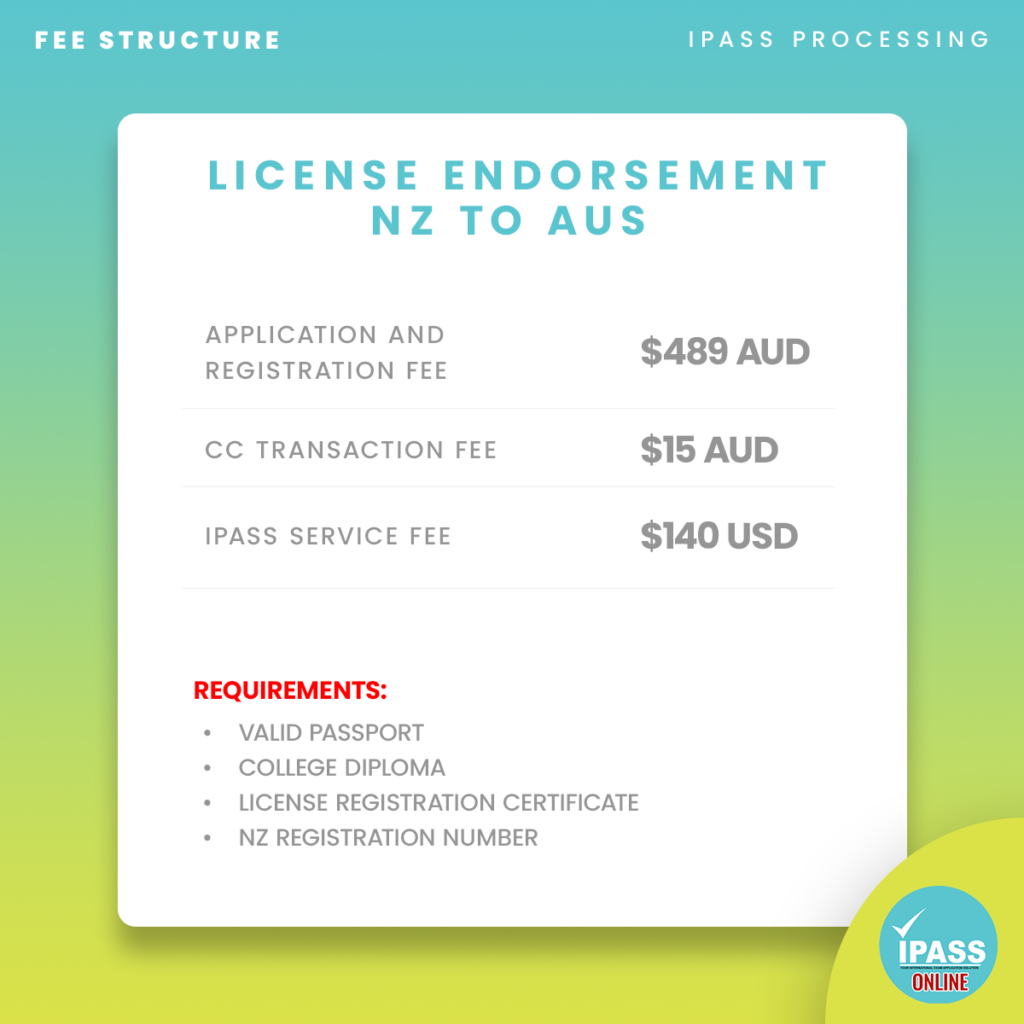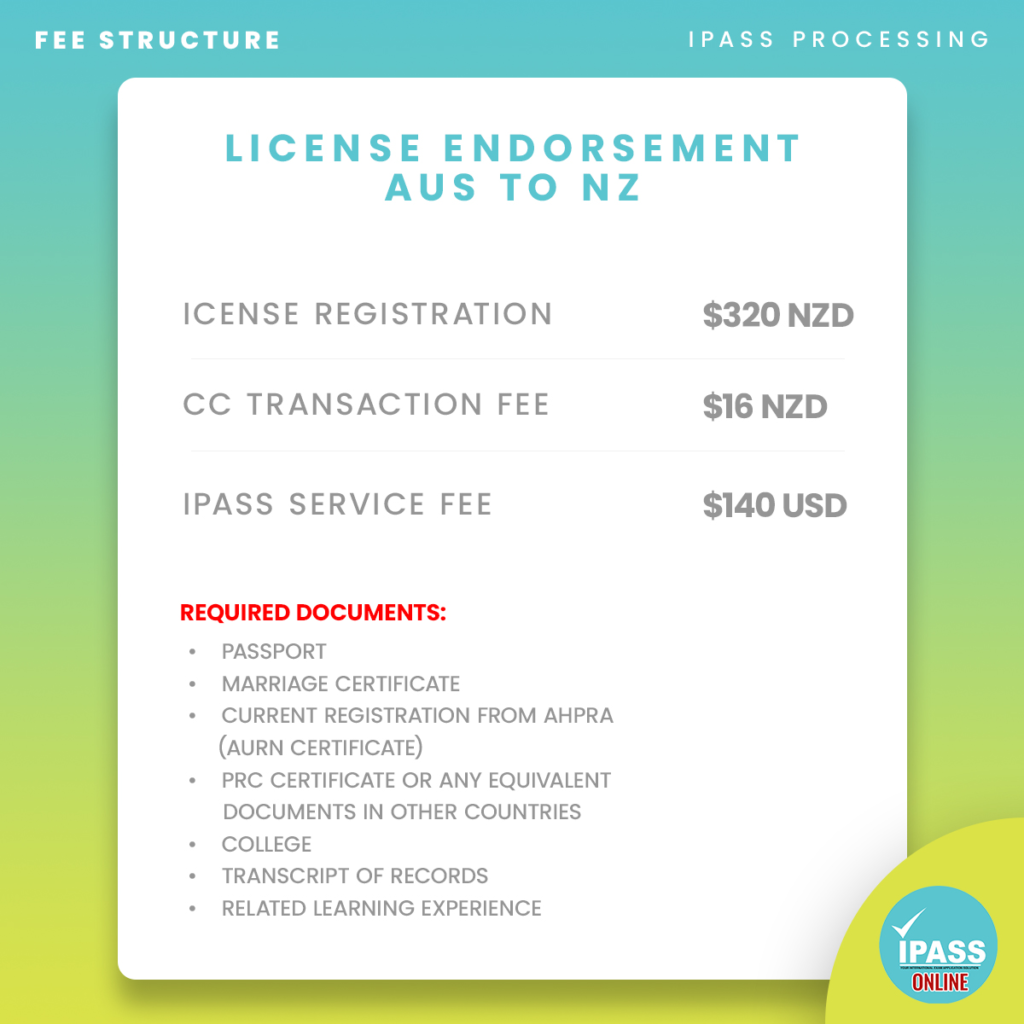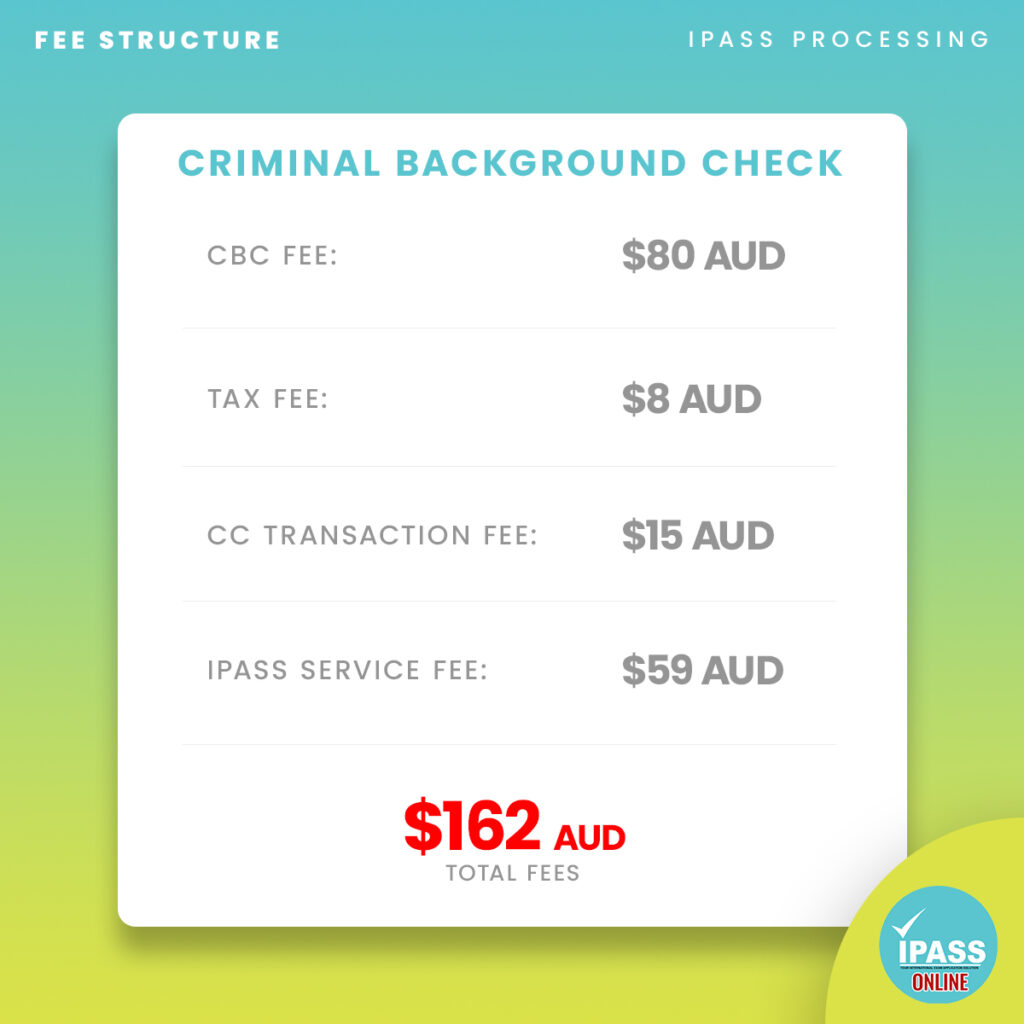Nursing & Midwifery Council (UK)
The Nursing and Midwifery Council (NMC) is an independent regulatory body regulating the nursing and midwifery professions in the United Kingdom. It was established in 2002 under the Nursing and Midwifery Order, which replaced the United Kingdom Central Council for Nursing, Midwifery, and Health Visiting. The NMC's primary function is to protect the public by ensuring that nurses and midwives are competent and fit to practice.
The UK NMC is an essential component of the nursing profession in the United Kingdom. It comprises mandatory exams all nurses must pass to practice nursing in the UK. The exam tests nurses' knowledge, skills, and competence to ensure they are fit to practice and can provide safe and effective patient care.
UK NMC Application Process
The UK NMC is a rigorous and comprehensive process consisting of two (2) significant exams, namely the Computer-Based Test (CBT) and the Objective Structured Clinical Examination (OSCE). Nurses must pass both parts of the exam to obtain their license to practice in the UK.

Check the eligibility requirements
Before applying for the UK NMC, it's essential to ensure that you meet the eligibility requirements. The eligibility requirements include:
- • Having a nursing or midwifery qualification.
- • Completing at least 450 practice hours in the past three years.
- • Having the necessary English language skills.

Register with the NMC
To apply for the UK NMC, you must register with the Nursing and Midwifery Council (NMC), the UK's regulatory body for nursing and midwifery. You can register online through the NMC website.

Submit the application form
After registering with the NMC, you must complete and submit the exam application form. The application form includes personal and professional details and evidence of your nursing or midwifery qualification and practice hours.

Pass the Computer-based Test (CBT)
The CBT is a computer-based exam that assesses a nurse's knowledge and understanding of nursing practice in the UK. The exam consists of multiple-choice questions designed to test a nurse's knowledge of the NMC code, clinical skills, and ethical principles.
This examination includes four sections, each covering a different area of nursing practice: Adult Nursing, Children's Nursing, Learning Disabilities Nursing, and Mental Health Nursing. Nurses must choose the relevant section to their area of nursing practice.
Moreover, the CBT is a three-hour exam consisting of 120 multiple-choice questions. The pass mark for the CBT is 50% and can be taken at any Pearson VUE test center worldwide. Nurses who fail the CBT can retake it after at least 28 days.

Pass the Objective Structured Clinical Examination (OSCE)
Once a nurse has passed the CBT, they can take the Objective Structured Clinical Examination (OSCE). The OSCE is a practical exam that tests a nurse's ability to perform clinical skills and procedures.
The OSCE includes six stations, each simulating a different clinical scenario that nurses will likely encounter in their practice. The stations cover the following areas:
- • Communication and interpersonal skills
- • Assessment and planning of care
- • Safe disposal of medicines
- • Nutrition and fluid management
- • Basic life support
The OSCE is a full-day exam that takes approximately six hours to complete. Nurses must pass all six stations to pass the OSCE. The pass mark for the OSCE is 100%. Nurses who fail the OSCE can retake it after a minimum of 10 working days. Candidates can take this examination at an NMC-approved test center in the UK.

Register with the NMC and start practicing
After passing the CBT and OSCE, you must register with the NMC to obtain a nursing or midwifery license. Once you have a license, you can practice as a nurse or midwife in the UK.
UK NMC applications can be challenging due to their overwhelming qualifications and requirements. Therefore, candidates, especially our foreign healthcare candidates, are advised to seek assistance. For a smooth sailing and less-hassle UK NMC application, the IPASS has superb customer care assistance.
IPASS Processing is the leading institution with an innovative process for licensure examinations for foreign healthcare professionals. Also, IPASS offers services at friendly prices to meet your financial budget. Click the start button below to start with your application and for further instructions.
For further inquiries and clarifications about the UK NMC Application, contact us at [email protected]. .
